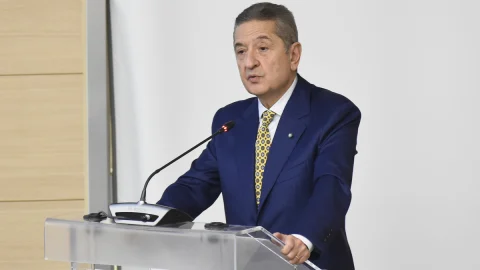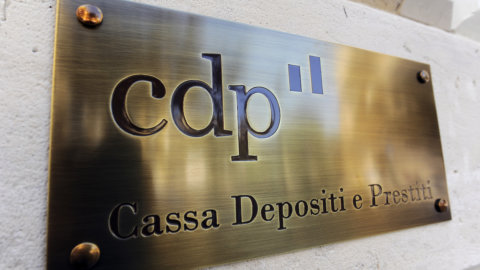A very heavy blow comes from Europe for the Italian professional equipment industry, number 1 for exports, quality and innovation.
Europe, with a new flight forward, the new F-Gas regulation, opens the cold and ice cream market to China professional sectors, sectors where Italy boasts - and risks losing - extraordinary records. By blocking the activity of this industry of ours. So much so that the Confindustria association of the sector, EFCEM-APPLIA speaks of "perfect crime".
This is the new F-Gas Regulation which would have the objective of reducing emissions of fluorinated greenhouse gases in the very near future. “Although we agree with the intended purposes – declares Andrea Rossi, President of Efcem Italia – we must note that the new F-Gas Regulation thus conceived will have potentially devastating effects on professional equipment such as blast chillers, ice makers, ice cream machines".
The critical points of the new regulation
They are well there are five extremely critical points of this impending regulation. First of all the new restrictions, which require very demanding investments and long times, are imposed by the very close of 2025, a technical and economic madness.
Second imposition: not only will it not be allowed sell current equipment on the European market, but its export will even be banned. And on markets where there are no restrictions...The exports of the three sectors exceed 80%, in particular the sector of absolute excellence, that of ice cream machines (over 5 billion in turnover) the global reference, requested on all continents as a symbol of unparalleled Made in Italy.
Thanks to the Regulation of the Council and the European Parliament, the rapidly growing global refrigeration and ice cream markets will automatically be cdelivered to competitors and in particular to the Chinese.
Third point, the ban on the placing on the European market with progressive deadlines starting from 2025 for the aforementioned refrigeration equipment would in fact not allow the industry to introduce alternative refrigerants, redesign, develop, verify and validate the safety of equipment in such a short time.
Fourth critical point: also managing to develop new equipment according to the restrictive regulations, they would have larger dimensions and higher consumption, contradicting the very objectives that the regulation intends to achieve.
Fifth point: the sectors considered are largely made up of SMEs that would face significant difficulties in finding the necessary expensive financing.
Sector associations: “A disaster for our economy”
“Bottom line, no benefit to the environment e.g a disaster for our economy, an unjustifiable paradox - underlined Rossi - EFCEM Italia appeals to the Member States, and primarily to the national authorities of correct these distorting effects introduced by the regulation providing specific measures to protect national and European production, user safety and environmental protection".
Not only will foreign competitors on the European and world markets be favored, but also multinationals which seem to be already investing to adapt machinery and systems, thus becoming even stronger and ready to buy our best SMEs in hospitality, food tech and tourism.
Air conditioning SMEs are also at risk of crisis
But there's more; recently the Italian SMEs remained in the residential air conditioning sector which have recently made significant investments for the eco-sustainability of processes and products are at high risk of crisis.
Stringent regulations are ready to come into force fluorinated gases from air conditioners monobloc that have set 2027 as the limit within which companies must adapt. Let us remember that for splits the limit is the distant 2035.
The exact terms of this position taken by Brussels are listed in a very recent release by Applia Europe: “After long and turbulent negotiations – states Applia Europe – the EU co-legislators have reached a provisional agreement on a total ban on fluorinated gases. The phase-out will apply as early as 2027 for some product applications, wiping cutting-edge clean technologies, including heat pumps, from the market and leaving consumers with less efficient options.
The measure put forward by the European Parliament requires the industry to invest millions of euros in the development of new products, for which an impact assessment would only be carried out ex post. In other words, the bans were established before assessing whether there are cost-effective, technically feasible, energy-efficient and reliable alternatives that make the replacement of F-gases possible.”
Designing systems, Applia Europe recalls, that work as efficiently with new alternatives to current refrigerants takes time and research, with financial implications for both manufacturers and consumers. And it seems they are SMEs and related industries at risk of closure connected that still resist the often unfair competition of producers operating in countries where minimal social and environmental working conditions do not exist.





